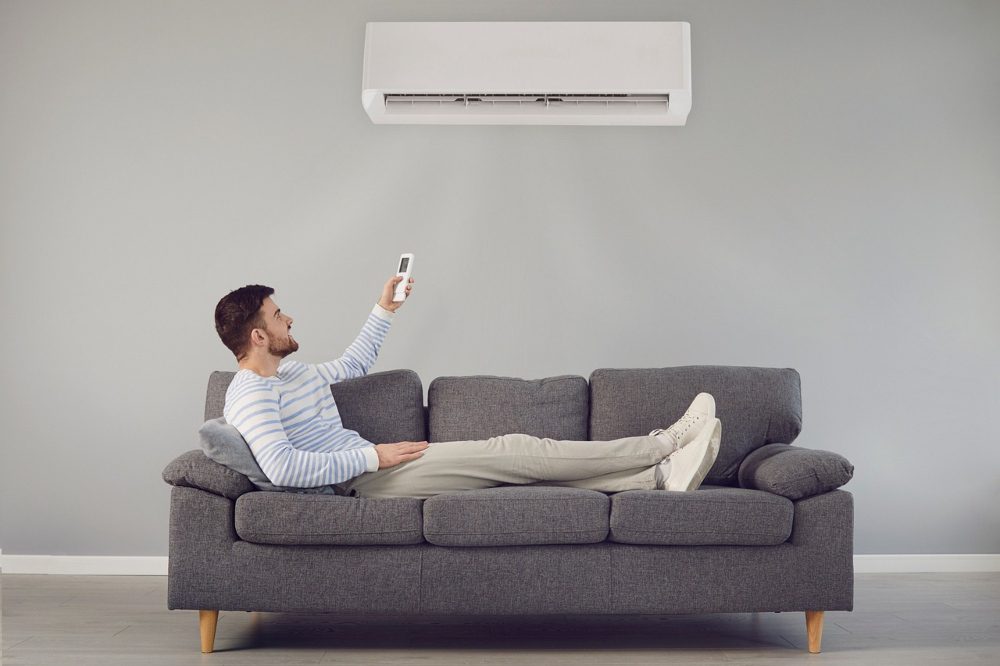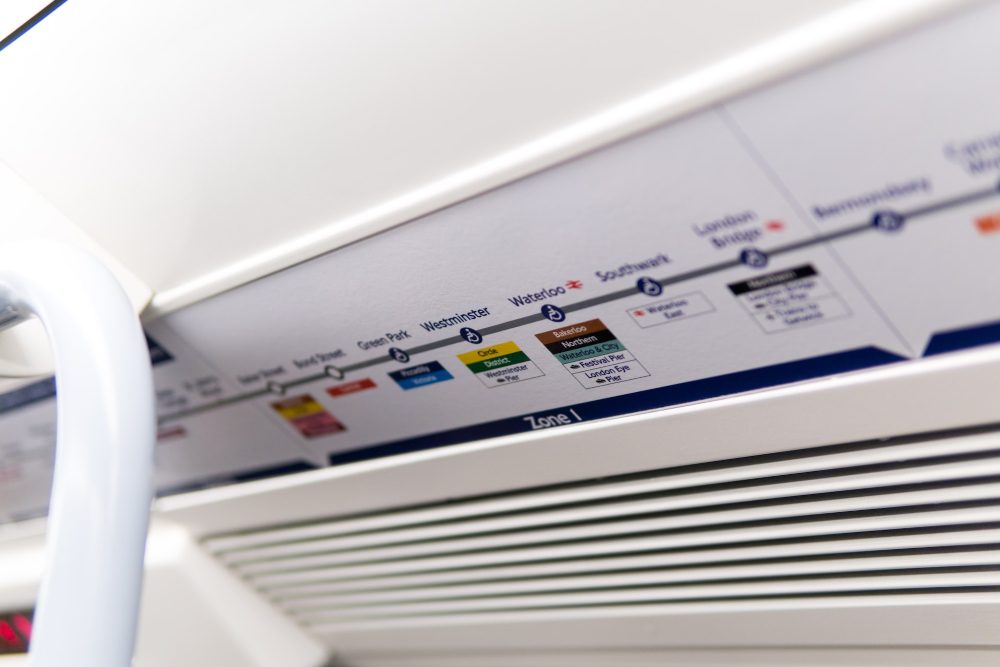Last Updated on November 5, 2025 by teamobn

Hey there, have you ever found yourself on a scorching summer day with your air conditioner not working? Talk about a cooling conundrum, right? Well, the culprit behind this may not always be what you think.
Sometimes, it’s not about gas leaks or blocked filters but the unseen, often overlooked electrical issues. These little gremlins can cause your air conditioner to behave as capriciously as a cat on a hot tin roof.
A cooler, more comfortable summer can be achieved by first understanding these issues. To help you, we’ll discuss common electrical issues that could be causing your air conditioner to malfunction.
So grab a refreshing lemonade, settle into a comfortable chair, and let’s explore the realm of AC electrical issues.
Common Electrical Problems That May Affect Your AC to Malfunction
Several electrical problems can cause your air conditioner to malfunction. Here are the most common electrical issues that might affect air conditioners include:
Damaged Wiring
Short circuits, grounding issues, tripping the circuit breaker, and other issues might result from damaged wiring. Any damage should be examined and fixed as soon as possible by a skilled expert.
Additionally, it’s critical to avoid overloading or underloading circuits and to utilize the proper sort of wiring for your AC unit. You’d be surprised how many AC issues are caused by using the incorrect kind of wiring.
Faulty Circuit Breaker
An electrical problem that frequently affects air conditioners is defective circuit breakers. You should examine the circuit breaker to see if it has tripped or is somehow damaged if your AC unit isn’t receiving the power it requires.
If so, your main goal should be to get your AC functioning again. Depending on how badly damaged it is, either replacement or repair may be required. Additionally, a frequent trip of your circuit breaker could point to a more serious electrical problem in your house.
Loose Electrical Connection
Another common electrical issue associated with air conditioners is loose connections. The AC’s power supply will be disrupted if a connection to the exterior unit falls free, which could result in the AC’s failure.
As a result, you should keep an eye out for any indications of loose wiring or connectors that could lead to an improper operation of your AC. Be sure to tighten all the connections in your AC unit to stop this from occurring frequently.
Compressor Motor Problems
Not only losing connections but also compressor motor problems can cause your AC to malfunction. If the bearings in the motor are worn out from too much use or if they have collected debris, this can lead to a breakdown of the compressor fan motor.

In addition to that, AC maintenance technicians will be able to determine whether you require a new air conditioner compressor or a repair based on how severe the issue is. So, make sure to get your AC unit inspected regularly for this.
Incorrect Installation
It is also quite possible that your AC malfunction is due to an incorrect installation. Your AC system may become ineffective and underpowered if the ducts are not fitted properly or if something is obstructing the airflow.
Additionally, if the AC shows any obvious indications of wear and tear, it may not have been installed properly. Also, improper thermostat installation could result in a multitude of AC issues.
Failure of a Printed Circuit Board
Electrical problems due to PCB failures are commonplace. Inside the AC system, the PCB plays a vital role in controlling a variety of components, including air circulation, temperature regulation, humidity control, and more.
Malfunctioning can result when there are issues with programming or on the circuit board. Depending on the level of complexity, a PCB replacement or reset might be required in specific scenarios. Investigating common electrical issues with air conditioners is key to ensuring a comfortable and functional AC unit.
Defective Capacitors
Defective capacitors are a frequent cause of power supply issues. In air conditioners, those components are used to provide temporary energy storage and support for the compressor motor.
In certain scenarios, bad capacitors can contribute to the AC unit’s failure or malfunction. This way, it’s important to keep an eye out for any indications of capacitor failure, such as buzzing or humming noises.
Fan Motor Failures
Fan motor failures stand as another prevalent electrical issue that could be the reason behind your AC’s erratic behavior.
Essentially, the fan motor is responsible for pushing the heated air from your house to the outside and drawing in cooler air to replace it. If the motor fails, the entire cooling process can be disrupted, which might lead to your air conditioner not cooling your home efficiently.
Common signs of a failing fan motor include unusual noises, a rise in temperature, and the AC unit frequently turning on and off. If you encounter any of these issues, it’s recommended to contact a professional to assess the condition and perform necessary repairs or replacements.
Incorrect AC Size/Voltage

Incorrect air conditioning system sizing or voltage can cause electrical issues and inefficiency. In short, if your AC unit is too big or tiny for your room or the voltage doesn’t match your home’s electrical capacity, it could trip your circuit breaker, overheat, and maybe fail.
A larger AC unit will cycle on and off more often, stressing the motor and other parts. Unfortunately, an undersized AC will cool your room slower and use more energy. Unmet AC voltage requirements might damage and impair performance.
Failure of Thermostat
The AC may not turn on, for example, or there may be irregular temperature changes as a result of a broken thermostat. It’s critical to frequently inspect your thermostat and replace it if it’s worn out or damaged.
Also, check that your thermostat is calibrated appropriately and is placed in a location from which it can accurately gauge the temperature of the space. If so, inaccurate readings could result in your AC operating inefficiently and potentially costing you more to run.
Final Thoughts
Electricity is a critical part of air conditioners; if you don’t know how to handle it appropriately and lack appropriate qualifications, you could cause serious damage to the compressor or wall unit or, far worse, to yourself or someone in your family. DIY electrical fixes are illegal in many juristictions.
Make sure to seek assistance from a competent service provider if you ever suffer any problems with power and your air conditioner. A qualified technician can swiftly diagnose and fix the problem, restoring air conditioner operation.
So consider the above information and take steps to ensure that your air conditioner’s electrical system is in good working order. Good luck!






